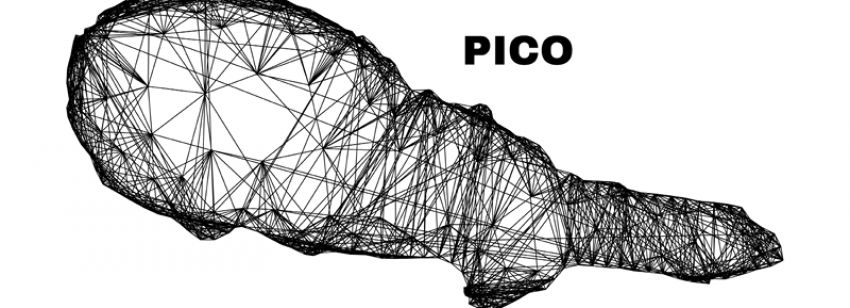The EU HTA scoping process: a puzzle to be solved
How complicated does it get?
Assessment under possible PICO schemes
A key aspect of the EU HTA process is the scoping process upstream of the JCA, which includes the definition of the research question for the assessment under possible PICO schemes.
- Patient population (P),
- Intervention (I),
- The comparator (C) crucial for the evaluation, and
- The study endpoints to determine the outcome (O)
are defined here and form the basis for the clinical evaluation of the drug. The requirements for pharmaceutical companies may become increasingly complicated compared to national HTA procedures, as the realities of care vary to a greater or lesser extent across member states and still need to be reflected in the EU HTA dossier.
In the scoping process, the coordination group first invites member states to submit PICO schemes corresponding to their care realities. After a consolidation process, the pharmaceutical company is then notified of a number of concrete PICO schemes that must be addressed in the EU HTA dossier. Especially in dynamic indications, such as oncology, this can lead to an enormous amount of variation in PICO schemes and create large uncertainties in the predictability of the statistical analyses needed for the assessment.
SKC simulation on EU Big 6
To get a sense of how heterogeneous the expected PICO schemes will be, SKC simulated the complex scoping process using several oncology drugs with completed assessment procedures. The drugs studied were venetoclax for acute myeloid leukemia, osimertinib for non-small cell lung cancer, and pembrolizumab for urothelial carcinoma. Assessment procedures (if available) regarding their PICO regimens were analyzed from the six European countries France, Italy, Spain, Poland, the Netherlands, and Germany, which together account for approximately 61% of revenue of the total European pharmaceutical market. In addition, available procedures from the voluntary earlier joint clinical evaluation under EUnetHTA Joint Action 3 were used for comparison. One focus of the analyses was on the comparator drugs defined by the authorities and the key study endpoints (outcome) included in the evaluation.
Based on these analyses, it was possible to identify the complexity of the scoping process in terms of the number and design of resulting PICO schemes for oncologics and thus to estimate the expected strategic and operational effort of future EU HTA dossiers. In addition, peculiarities in the assessment process of individual national HTA authorities in the countries studied were identified, which may have high relevance for the future joint EU HTA process. The resulting recommendations for action and strategic positioning are of crucial importance for successful market access.
The market access special forces
For the detailed results of the analysis please contact us. SKC will continue to keep you informed about these and all other relevant developments regarding the EU HTA process. If you are interested in accessing European advice via the German Federal Joint Committee (G-BA), or if you are looking for a strategic partner to achieve the greatest possible planning security for the EU HTA process of your product in view of the current situation, please feel free to contact us. We are the market access special forces.
Sources:
- SKC Market Access Intelligence System (MAIS database)
- Joint Scientific Consultations (JSC) - EUnetHTA
- Europe Pharmaceutical Market Size, Share & Trends Analysis Report By Product (Branded, Generic), By Type (Prescription, OTC), By Therapeutic Category, By Region, and Segment Forecasts, 2021-2028 (researchandmarkets.com)
- Pharmaceutical market revenue in Europe by country 2021 | Statista
- Germany: Federal Joint Committee (Gemeinsamer Bundesausschus, G-BA)
- France: HAS
- Italy: Agenzia Italiana del Farmaco
- The Netherlands: Zorginstituut Nederland
- Spain: Agencia Española de Medicamentos y Productos Sanitarios
- Poland: AOTMiT EN - Agency for Health Technology Assessment and Tariff System
About the author

Consultant
M.Sc. Biomedicine
Fax: +49 511 64 68 14 18


